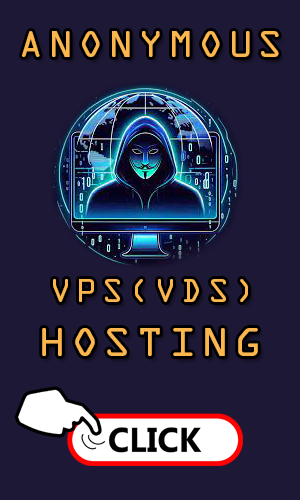THE FIRST BLOCKCHAIN SHOOTER IS READY TO LAUNCH
The next time a skeptic doubts the dynamics of the blockchain gaming market, kindly inform them that by the end of 2021, the industry has attracted more than 1.5 million users, and the daily volume of trading in decentralized gaming applications has grown to half a billion dollars. . Then giggle with pleasure.
Gamers, developers and investors rushed into the gamefi (game financing) space with a sinking heart due to the potential for profit due to the mechanics of "play to earn" (P2E), as well as opportunities for a rich gameplay thanks to the introduction of blockchain and NFT (non-interchangeable tokens).
To date, most blockchain games offer simple 2D worlds based on turn-based mechanics, with an emphasis on potential revenue rather than dynamic gameplay. But, fortunately, the situation is beginning to change…
Epic war, addictive gameplay
Epic War is the first FPS (first-person shooter) based on blockchain that provides Triple-A graphics and gameplay in its virtual reality (VR) metaverse, free play and earnings (F2P2E).
Interestingly, a fully three-dimensional blockchain shooter is only part of the supposed Epic War universe, which will be expanded through a series of comics and films. In the game narrative, players take part in royal battles, where they have to fight with other players, as well as with hostile NPC creatures on an insidious alien planet. Other notable elements include team battles involving up to 16 players (8 by 8) in one session. Boss battles further test the abilities of players and there are three levels of difficulty: normal, complex and super-complex.
The native Epic War token ($EWAR) is used to create new game characters, weapons, equipment, battle cards and purchase NFT items. It can also be used for management purposes, giving holders the privilege to make decisions about the future of the project. EWAR tokens are awarded to players and teams who have won battles, and these tokens can subsequently be used to improve the characteristics of game characters or sold to the highest bidder on the exchanges.
Both winning and losing players will have the opportunity to earn unique NFT after each session with tokens representing in-game items such as weapons, gear, and cards. Such artifacts can be sold, exchanged or leased to other players for profit, and they are also issued after completing complex in-game tasks.
The Epic War game engine was created from scratch using C++ code and uses the famous Unity engine as the technical basis of its game world. Unity Engine is used by many first-class game publishers, including Escape From Tarkov, Cuphead, Wasteland 3, Subnautica and many others.
Future milestones
The Epic War development team hails from Vietnam, where they have many years of collective experience in the field of game design, blockchain development and full-featured coding. They are also collaborating with Japanese studios to develop the Open World gameplay and the VR metaverse phase. By the middle of the second quarter of 2022, the team plans to release a beta version of the PvE and PvP game modes, as well as its DAO management system, where players will be able to influence future development decisions. The IGO (initial game offering) for the native EWAR token will also take place before the end of the second quarter. The current milestones of the roadmap foreshadow the full release of the game and the integration of several networks by the end of the third quarter.
Several blockchain ecosystems will host Epic War when it is completed, including Binance Smart Chain, Solana, Polygon and NEAR, in order to provide players with the maximum number of benefits offered by various networks (speed, low fees, access to native stablecoins, etc.). Gamers can also look forward to launching beta testing Epic War in March of this year.
Epic War's long-term goals include integrating virtual reality support and creating a vast metaverse world in which players can interact with the game in a virtual three-dimensional space. Epic War builds on the promises of gamefi, expanding the possibilities of blockchain games to the level expected by gamers, as well as integrating cryptographic and NFT rewards for the benefit of successful players.

 Spain
Spain
 Portugal
Portugal



